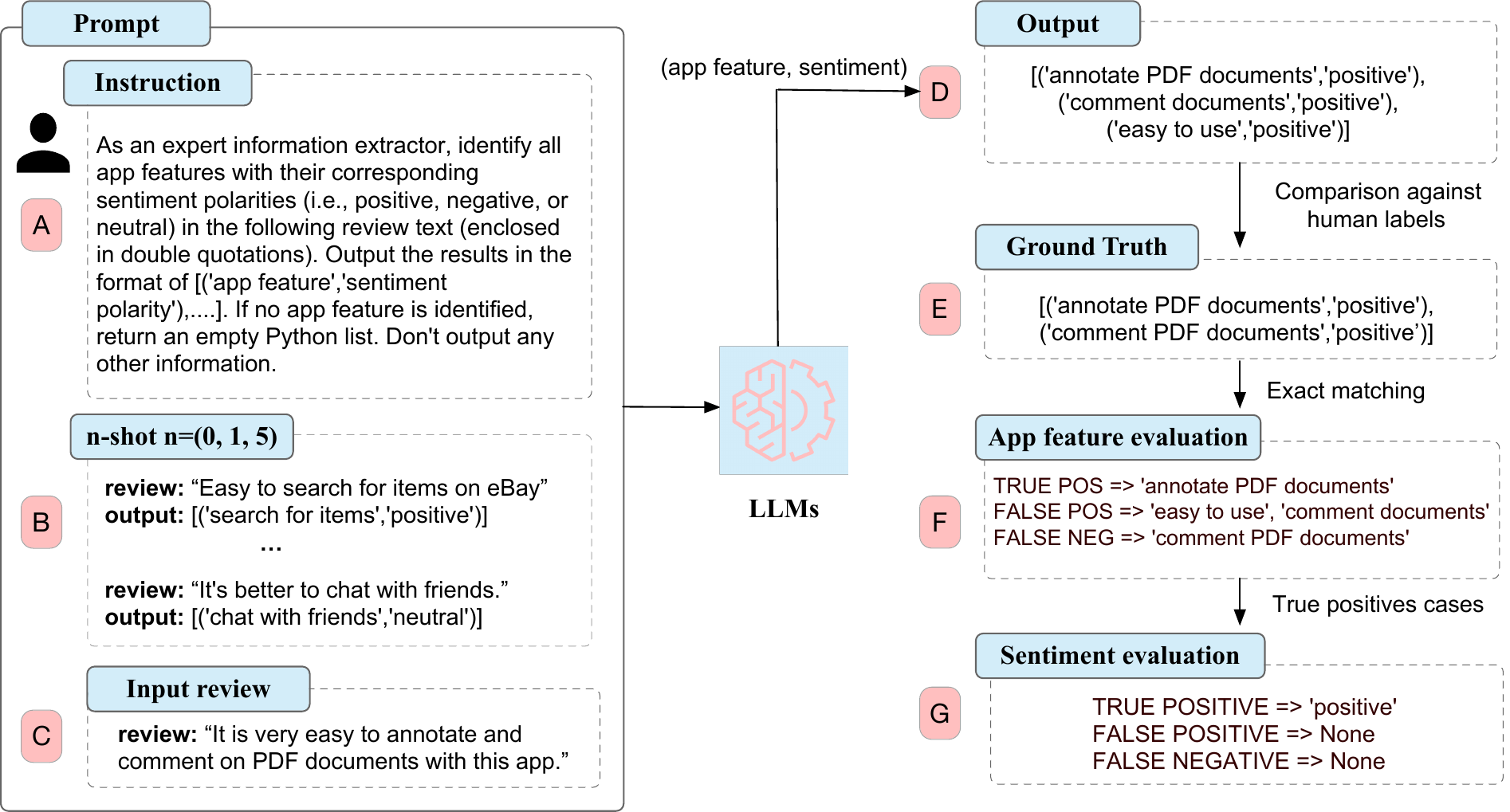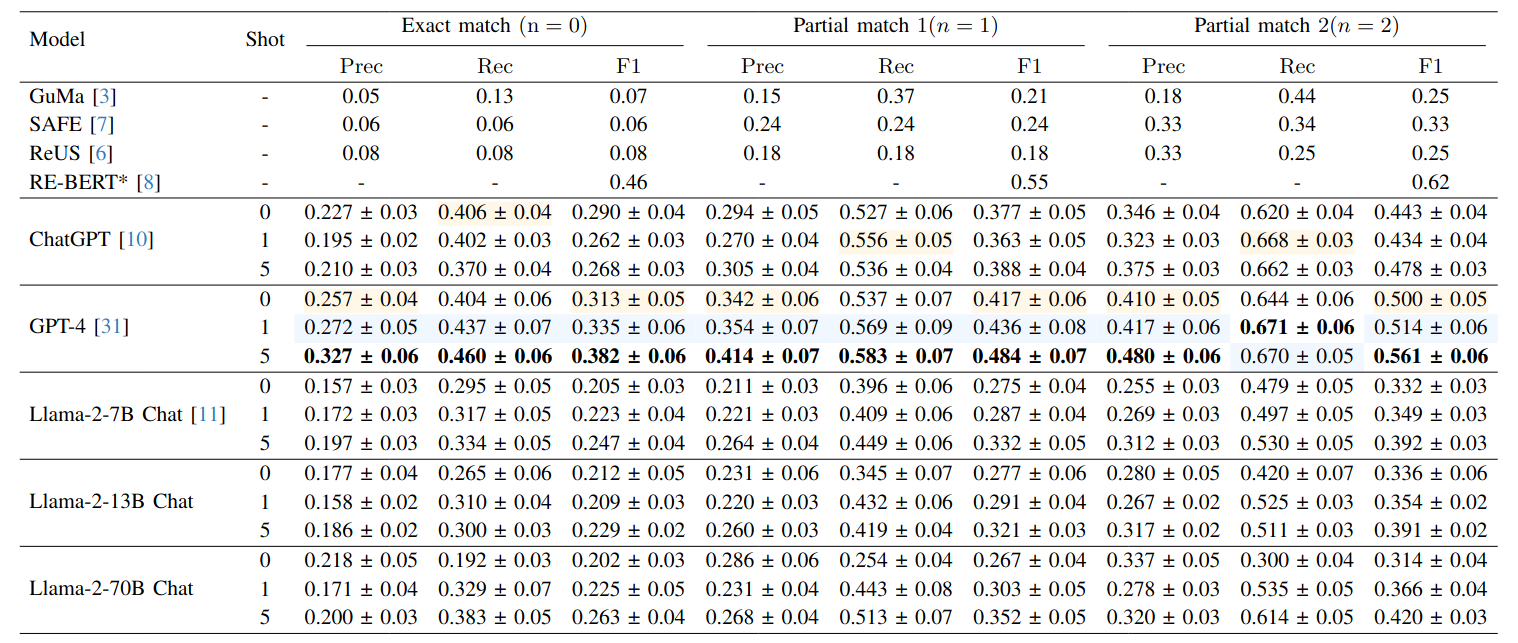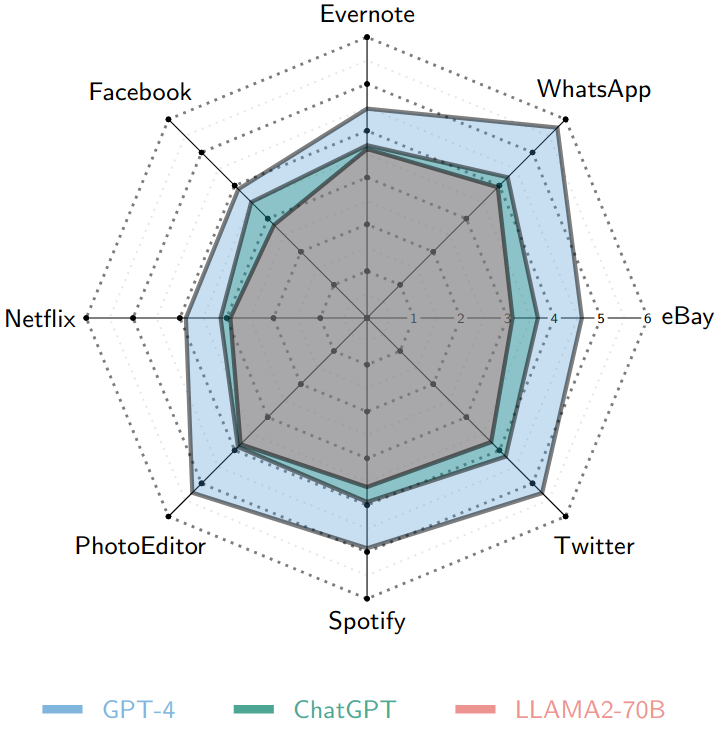How Effectively Do LLMs Extract Feature-Sentiment Pairs from App Reviews? |
| Faiz Ali Shah, Ahmed Sabir, Rajesh Sharma and Dietmar Pfahl |
| University of Tartu, Institute of Computer Science, Tartu, Estonia |

|
|
|
|
How Effectively Do LLMs Extract Feature-Sentiment Pairs from App Reviews? |
| Faiz Ali Shah, Ahmed Sabir, Rajesh Sharma and Dietmar Pfahl |
| University of Tartu, Institute of Computer Science, Tartu, Estonia |

|
|
|
|
Analyzing user reviews for sentiment towards app features can provide valuable insights into users' perceptions of app functionality and their evolving needs. Given the volume of user reviews received daily, an automated mechanism to generate feature-level sentiment summaries of user reviews is needed. Recent advances in Large Language Models (LLMs) such as ChatGPT have shown impressive performance on several new tasks without updating the model's parameters i.e., using zero or a few labeled examples. Despite these advancements, LLMs’ capabilities to perform feature-specific sentiment analysis of user reviews remain unexplored. This study compares the performance of state-of-the-art LLMs, including GPT-4, ChatGPT, and LLama-2-chat variants, for extracting app features and associated sentiments under 0-shot, 1-shot, and 5-shot scenarios. Results indicate the best-performing GPT-4 model outperforms rule-based approaches by 23.6% in f1-score with zero-shot feature extraction; 5-shot further improving it by 6%. GPT-4 achieves a 74% f1-score for predicting positive sentiment towards correctly predicted app features, with 5-shot enhancing it by 7%. Our study suggests that LLM models are promising for generating feature-specific sentiment summaries of user reviews.
GPT-4 is the top-performing model for extracting app features, surpassing rule-based approaches by 23.6% in f1-score with the exact matching strategy. However, the fine-tuned BERT(*) model still outperforms GPT-4 by 14% in the f1-score. In the 5-shot scenario, both GPT-4 and Llama-2-70B show further improvements of 7% and 6% in f1-score, respectively. Our evaluation study has showcased the encouraging performance of LLMs in extracting fine-grained information from user feedback. This capability of LLMs holds promise in assisting developers with their software maintenance and evolution activities by analyzing users’ opinions.

Second best result (in Blue) and Third best result (in yellow).


Notably, (Left) All models, except LLama-7B, demonstrate improved performance with the Long-prompt for predicting neutral sentiment. (Right) all models display a low f1-score for the "Netflix" application. This observed trend may be associated with the proportion of review data from each application employed in training or fine-tuning these models.

This work has received funding from the EU H2020 program under the SoBigData++ project (grant agreement No. 871042), CHIST-ERA grant No. CHIST-ERA-19-XAI-010, (ETAg grant No.SLTAT21096), and partially funded by HAMISON project.
@article{shah2024fine,
title={A Fine-grained Sentiment Analysis of App Reviews using Large Language Models: An Evaluation Study},
author={Shah, Faiz Ali and Sabir, Ahmed and Sharma, Rajesh},
journal={arXiv preprint arXiv:2409.07162},
year={2024}
}
Contact: Faiz Ali